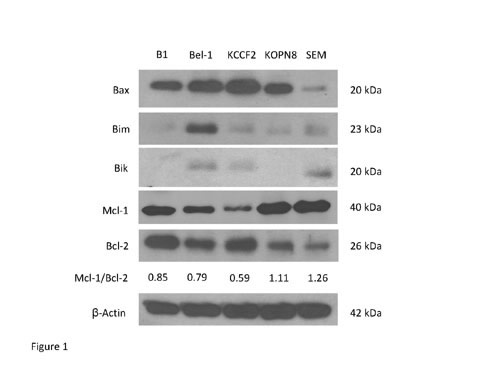Aurora Kinase Project
Acute lymphoblastic leukemia is the most common pediatric malignancy, constituting more than 25% of all childhood cancers. Although cure rates have improved greatly, approximately one in five children relapse and survival rates post relapse are very low. Given this, more effective and innovative therapeutic strategies are urgently needed in order to improve prognosis. Aurora kinases, a family of serine/threonine kinases essential for regulated mitotic cell division, have been identified as potential targets for cancer therapeutics. These proteins are involved in regulation of several mitotic processes including centromere duplication, formation of a bipolar mitotic spindle, chromosome alignment on the mitotic spindle and fidelity monitoring of the spindle checkpoint, among others. Elevated expression of Aurora kinases has been identified in several primary tumours types and is associated with aneuploidy and alterations in chromosomal structure.
Since Aurora kinases are overexpressed in many forms of cancer and are involved in mitotic control and genomic instability, it is hypothesized that these kinases are promising therapeutic targets. Based on this, the overall aim of this research project is to define the role of Aurora kinase inhibition as an effective therapeutic approach for the treatment of refractory pediatric leukemia. Specifically, the objectives of this project include determining the incidence and activity of Aurora kinases in pediatric leukemia, conducting cytotoxicity studies to evaluate the effect of Aurora kinase inhibition in vitro, identifying drug combinations that display synergistic activity with Aurora kinase inhibition and evaluating in vivo activity of Aurora kinase inhibition in murine xenograft models of pediatric leukemia.







